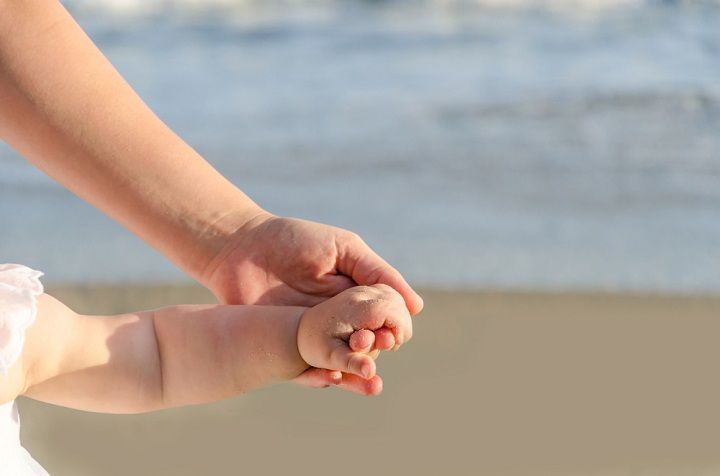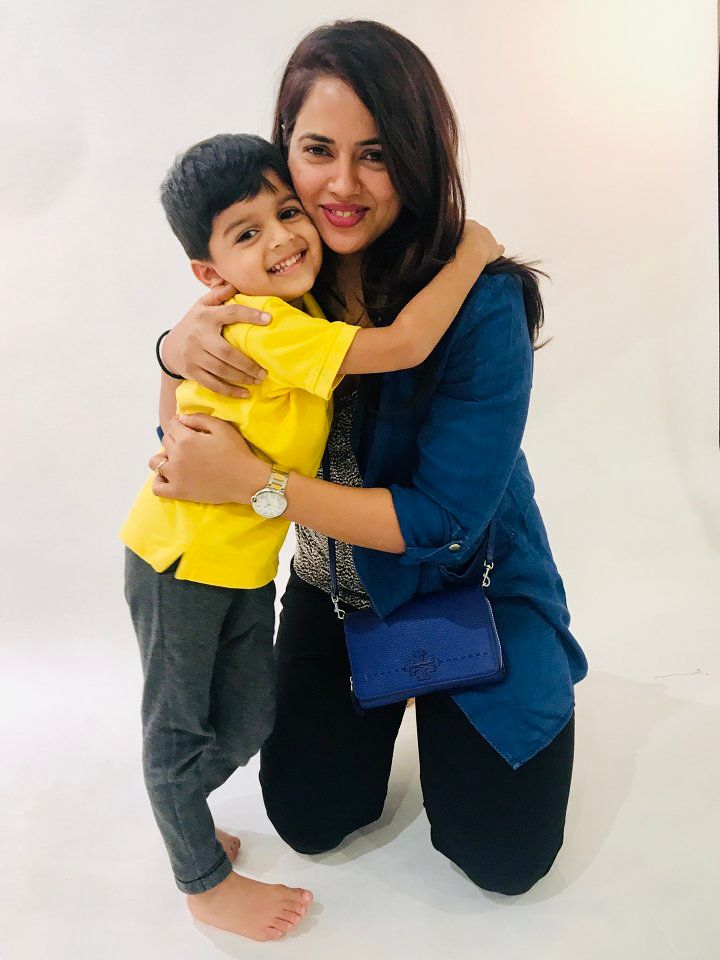The joy of becoming a mother is unmatched. But while the movies, the internet and social media might show you only the good, fun parts about motherhood. But the fact of the matter is that new mothers face a plethora of problems one might never even think of. One of the biggest ones is Postpartum Depression.
So we got in touch with an expert, Dr. Anuneet Sabharwal who answered some of the most frequently asked questions about postpartum depression.
What is Postpartum Depression?
As a new mom, you face a lot of challenges getting used to life with a newborn. You’re also probably dealing with lack of sleep, new responsibilities, or even breast pain if you’re nursing, but what about the deep emotional pain that comes after childbirth and won’t let up? Not the milder “baby blues” that typically go away after a week or two. We mean postpartum depression. This is a severe form of clinical depression related to pregnancy and childbirth.
It’s the type of depression you may get after you have a baby. It can start any time during your baby’s first year, but it’s most common for you to start to feel its effects during the first 3 weeks after birth. You might feel sad, hopeless, and guilty because you may not feel like you want to bond with, or care for your baby.

What are the symptoms of Postpartum Depression?
Baby blues typically begin within the first two to three days after delivery, and may last for up to two weeks but some new moms experience a more severe, long-lasting form of depression known as postpartum depression.
Postpartum depression signs and symptoms may include:
- Depressed mood or severe mood swings
- Excessive crying
- Difficulty bonding with your baby
- Withdrawing from family and friends
- Loss of appetite or eating much more than usual
- Inability to sleep (insomnia) or sleeping too much
- Overwhelming fatigue or loss of energy
- Reduced interest and pleasure in activities you used to enjoy
- Intense irritability and anger
- Fear that you’re not a good mother
- Feelings of worthlessness, shame, guilt or inadequacy
- Diminished ability to think clearly, concentrate or make decisions
- Restlessness, severe anxiety and panic attacks
- Thoughts of harming yourself or your baby
- Recurrent thoughts of death or suicide
Untreated, postpartum depression may last for many months or longer.

Why does it occur?
There’s no single cause of postpartum depression, but physical and emotional issues may play a role.
- Physical changes: After childbirth, a dramatic drop in hormones (estrogen and progesterone) in your body may contribute to postpartum depression. Other hormones produced by your thyroid gland may also drop sharply — which can leave you feeling tired, sluggish and depressed.
- Emotional issues: When you’re sleep deprived and overwhelmed, you may have trouble handling even minor problems. You may be anxious about your ability to care for a newborn. You may feel less attractive, struggle with your sense of identity or feel that you’ve lost control over your life. Any of these issues can contribute to postpartum depression.
What are the different ways postpartum manifests?
Postpartum depression may be mistaken for baby blues at first — but the signs and symptoms are more intense and last longer, and may eventually interfere with your ability to care for your baby and handle other daily tasks. Symptoms usually develop within the first few weeks after giving birth, but may begin earlier ― during pregnancy ― or later — up to a year after birth.
How long does it take to recover from postpartum depression?
It can start any time during your baby’s first year. If you experience any of the symptoms mentioned above, it is advised that you seek professional help at the earliest. With the help of medications, counselling/ psychotherapy you may be able to recover from postpartum depression within a few months.
How should a family member/friend help someone who is going through this?
People with depression may not recognize or acknowledge that they’re depressed. They may not be aware of signs and symptoms of depression. If you suspect that a friend or loved one has postpartum depression, help them seek medical attention immediately. Don’t wait and hope for improvement.
Lack of support is a major factor in postpartum depression. There are several ways family members can help.
- Check in regularly to see how she’s doing.
- Make her a nutritious meal.
- Watch the baby so she can nap or take a shower.
- Help out with housework.
- Talk to them.
- Give her some time alone, if she needs it.
- Try to keep in close contact.
- Don’t give up on her.
Actress, Sameera Reddy also got real about being a new mom and her struggle with postpartum depression…
I recently got asked how long I breastfed my son Hans and when I answered ‘for a year’ I got this thumbs up of a job well done. To be honest I don’t judge women who choose to do so for a month or even 2 years or never. It’s such a an emotional process that also is super hormonal and not everyone has the perfect latch or flow. It can really pull your morale down and the anxiety of not being able to provide adequate, enough, too much can be quite overwhelming. This Mother’s Day I think it’s of course important to celebrate motherhood as this beautiful miracle but also to recognise the inner struggle that comes with it mentally and physically. When certain moms just come out looking like a million bucks and tell me how easy it was I really feel like “wow, well I’m definitely not in that category for sure”. I really struggled with my confusion of my glam image versus who I became post the delivery. I just didn’t feel good about myself. I’d feed Hans and cry and my husband would get so worried about my mental state. I really enjoyed every second of having had Hans and even now it’s the most incredible thing I have ever done. But I won’t be able to ever understand those months post the birth when I just sat and felt so empty for no reason. Post partum depression is something many women struggle with and it’s ok to recognise it and get help. Homeopathy and counselling really helped me but I only took those steps a little later than I should have because it took me a while to understand that I needed it. The reason I’ve opened up about this now is because I’m 7 months pregnant and my awareness is at its peak and I want to be honest to myself and to anyone listening that it may happen again. I’ll be better equipped this time and I want all women to know that it’s ok! We’re in this together! Motherhood is perfect in its imperfections and every woman has a different experience. I just hope we can all be kind to one another and be there as a sisterhood. And uplift each other and be honest that not everything is picture perfect only well maybe Instagram! Happy Mother’s Day!

The struggle of going through postpartum depression is real. If you or someone you know is experiencing this, remind them that there is a way to get help and find a solution. And as always, don’t forget to be the support they need through it all.
Happy Mother’s Day!

